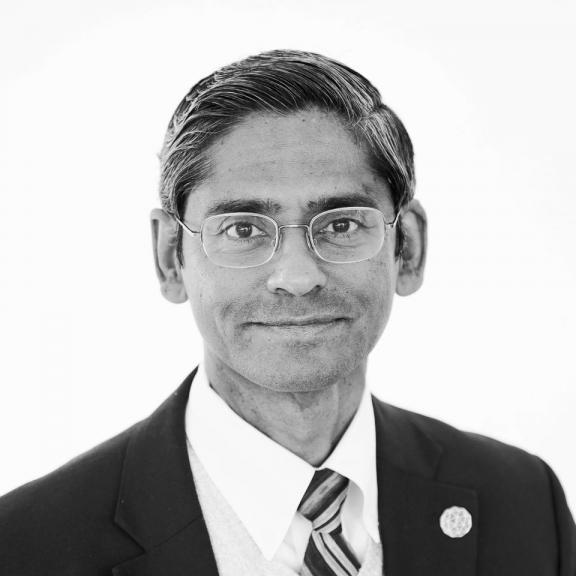Saying goodbye: Independence, Impartiality and the IRM
After six years at the GCF, my tenure as Head of the IRM comes to an end on 31 August. While the six-year term limit is set by the Board, I believe this is an essential element in ensuring the independence and impartiality of the IRM or any other Grievance Redress and Accountability Mechanism (GRAM).
While independence and impartiality work in unison, they are distinct and separate concepts. A person or institution is independent when decision-making can be done without being controlled or dictated by outside influences and is supported by a well-articulated set of rules and procedures. A person is impartial when decision-making can be based on material that is legitimately gathered and not influenced by pre-conceived notions or beliefs. Impartiality also implies fairness to all parties subject to a decision. Independence and impartiality are both structural and personal.
Structural independence of the IRM is ensured through a set of provisions for the Head, including a fixed term of office (3 years, extendable once), security of tenure and an 18-month cooling-off period before being able to re-join the IRM or the GCF as a staff member or consultant. The Head of the IRM is also appointed by and reports directly to the Board. These salutary provisions ensure the structural independence of the Head of the IRM so that he or she can decide on matters without fear of favour, and without the expectation of continuing employment at the GCF. Structural independence of the Head is also ensured through a provision that he or she can only be removed from office by the Board for cause. The term “for cause” implies that there would have to be a charge of misconduct raised against the Head, followed by an impartial disciplinary inquiry, an adverse finding and a Board decision firing the Head. The financial independence of the IRM is also guaranteed by the rules stipulating that an annual work plan and budget will be approved by the Board. Additionally, staff and consultants of the IRM are hired directly by the Head of the IRM, and not by the Secretariat as is the case with other GCF staff.
Beyond structural independence, personal independence plays a major role in ensuring the IRM’s independence. The updated terms of reference of the IRM adopted by the GCF Board states “(t)he Head of the IRM should enjoy an impeccable reputation of honesty and integrity and be widely respected and regarded for his/her competence and expertise.” In addition to the normal oath of office that all GCF staff sign when starting employment, the Head of the IRM also signs a declaration of impartiality and confidentiality, and has to make asset declarations to the Independent Integrity Unit. A special policy on the ethics and conflicts of interests of Board appointed officials governs the conduct of the Head of the IRM.
Beyond these measures, much depends on the strength of character, integrity and personal commitment to independence and impartiality of the individual who holds the position. The independence of the IRM needs to be defended and protected against both subtle and overt challenges. Challenges can come from parties to a complaint or from sources both external or internal to the institution. One may even feel that one’s job is threatened or that one may be vilified and criticised publicly for a decision taken. Yet, the ability to fearlessly make a decision – if one believes that it is the right one, irrespective of the consequences to oneself, is a high bar to meet. I have personally spent days agonising over a decision to ensure it was not only the right one but also based on good and fair procedures and information that would stand up to rational scrutiny.
I have personally lived a relatively isolated life in Songdo – keeping an arm’s length from other GCF colleagues to ensure personal independence and impartiality. Perhaps, some of my colleagues might have assumed that this was aloofness or might have felt that defence of the independence of the IRM was too forceful. However, the historical fact is that eternal vigilance is the price of impartiality and independence. There is no room for letting down the guard – not even accidentally.
As I say goodbye to the GCF, Songdo and the beautiful Republic of Korea (South Korea) and its polite and hospitable people, I will fondly remember the time I spent here and the wonderful colleagues I had the privileged to work with. More importantly, I will also take with me the experience of what it truly means to be impartial and independent and continue to advocate for their implementation within GRAMs, and especially the IRM.
Lalanath de Silva
August 2022
----------
-
Listen to episode 4 of the "Redress Now" podcast, featuring a final interview with Lalanath de Silva.
